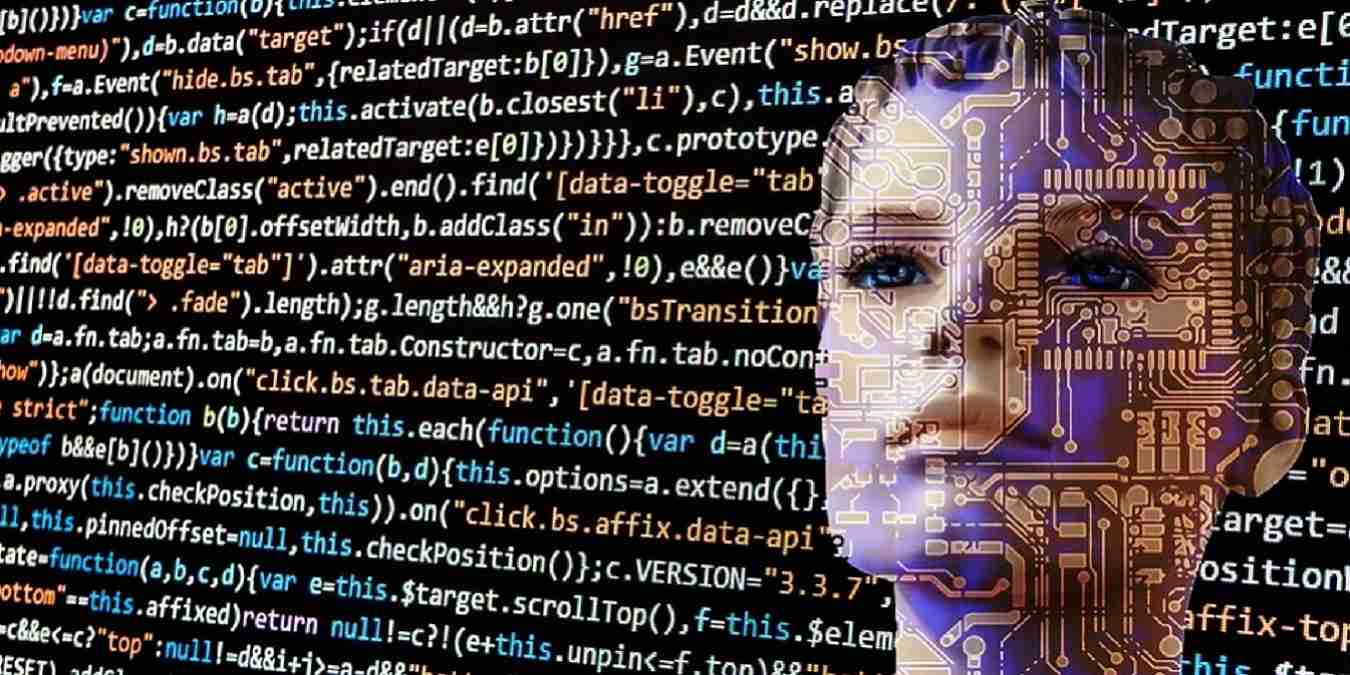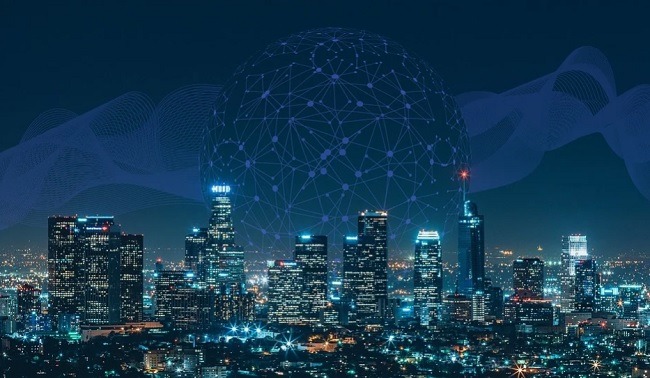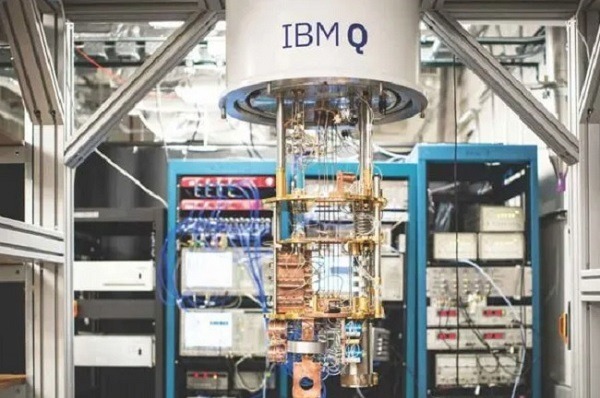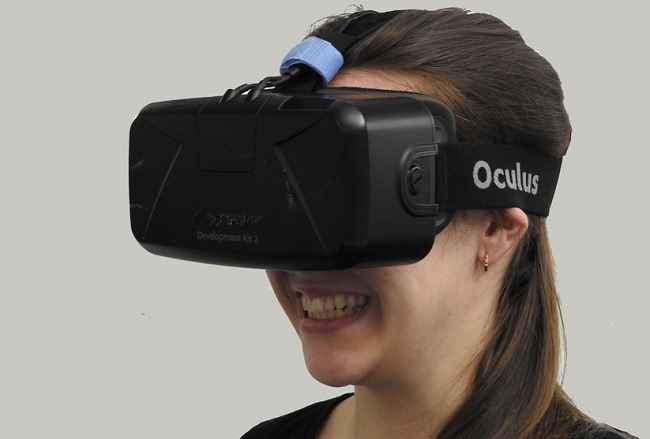
It’s not a surprise that artificial intelligence is continuing to advance, changing how businesses run and our own day-to-day experiences. In fact, AI is permeating nearly every industry. More and more practical uses are being found regularly, leading experts and end users to expect big things of artificial intelligence in 2021.
Proactive IT
Usually, the entire point of an IT team is to take care of the technical side of things so businesses and even home users experience as few glitches as possible. But what if instead of just fighting proverbial fires, IT was free to focus on projects that help improve the systems powering everything we do?

One of the major things to expect of artificial intelligence in 2021 is proactive IT. AI is being used to automatically detect and fix many common problems. Something that may take a human a week or more to detect and then fix, could be handled in minutes.
On top of that, AI’s also being used to strengthen cybersecurity efforts. Hackers are having to work harder to fight against systems that are essentially learning all their tricks and blocking them before they can gain access to networks.
AIoT
The combination of artificial intelligence and the Internet of things is now referred to as the Artificial Internet of Things (AIoT). AI is already changing IoT for the better. With so many IoT devices and the massive amounts of data they generate, it’s far more efficient to incorporate AI into the devices to handle real-time data analysis. Many decisions are made without any data being sent to the cloud.

Of course, there’s also the fact that AI is being used to process data sent to cloud servers. This allows faster and more in-depth data analysis than humans could do on their own. Currently, AIoT is a part of everything from smart cars to environmental protection.
Tracking Pandemics and Health
The last thing anyone probably wants to hear about is another pandemic. But, one thing to expect from artificial intelligence in 2021 is the possibility of not only predicting, but maybe even preventing another pandemic.

In fact, the Canadian startup BlueDot used AI to study abnormal infection rates and discovered a potential issue nine days before WHO issued a statement about COVID-19. It’s that kind of automatic discovery of problems that could help curb outbreaks and get people information before there’s a panic.
That type of AI usage will continue to grow. Obviously, the effectiveness depends mainly on how countries and governments work together, which doesn’t always work out so well.
It’s not just pandemics AI is being used for, though. It’s also being put to use to analyze symptoms and provide a faster diagnosis. While human doctors can still verify, this can save time, potentially saving lives. Another example is Neuro Rehab VR, which is used to provide additional and faster physical therapy to patients.
AI Mixes with Quantum Computing
Everyone expects technology to work instantly. Type a question into Google and get instant results. Every millisecond counts. Quantum computing is like comparing dial-up to the fastest broadband Internet. It’s faster, more efficient, and can handle large amounts of data almost instantly.

Quantum artificial intelligence expands the capabilities of AI. While the technology is still in its infancy, quantum computing has been shown to speed the machine learning process, creating optimized algorithms designed to analyze years of data in a much shorter time span. This also allows technology to advance faster.
The biggest problem currently is the lack of quantum computing systems and the resources to power them. Yet, it’s a trend that continues to grow into 2021.
AI Makes Gaming and Social More Immersive
A critical turning point for more immersive gaming happened in 2020 when far more people started looking for entertainment online beyond social media. More people tried video games, virtual reality, streaming, and even online shopping.

To provide better experiences for users, developers are integrating AI to adjust game difficulty, make VR seem even more realistic, and make even more eerily correct suggestions as to what to watch or buy next.
In 2019, Lee Se-dol, the then-world reigning Go champion, was bested by DeepMind’s AlphaGo AI program. The AI quickly learned everything about the game, winning four out of five matches against Se-dol. And that was in 2019.
Games are already using data analytics to adjust the experience based on what players like best. Gamers can expect artificial intelligence in 2021 to make their experiences even better with more interactive dialogue with NPCs, much like advanced chatbots.
VR gets a makeover with improved hand tracking to provide more interactive and immersive experiences. These can also be a part of VR social experiences, such as watching movies in a virtual lounge or attending concerts safely from home.
Artificial intelligence continues to evolve at a rapid pace. All that holds it back is our own imaginations and current technological limitations. What are you most looking forward to with AI in 2021?









